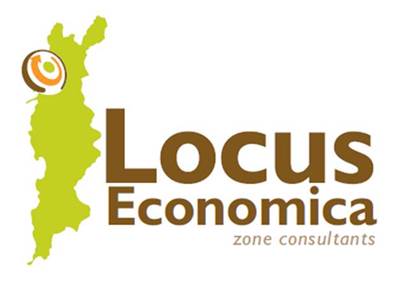Economic diversity is a crucial goal for countries blessed (or cursed?) with large reserves of natural resources, such as petroleum. If these countries do not manage to promote manufacturing, services, and other non-resource sectors, petroleum revenues can cause the currency to appreciate, hurting exports and favoring imports of all other products - a phenomenon known as "dutch disease." Moreover, dependency on natural resources can lead to rent seeking or corruption by large, well-connected actors, leading to market distortion and inequality.
One tool countries have used to fight resource dependency is special economic zones (SEZs). For example, we have helped countries like Saudi Arabia and Qatar channel state-owned oil revenues into SEZs that encourage high-tech manufacturing, ICT, clean energy industries, and other diversified sectors.
In 2013 we shared some of this experience with the OECD to help develop "Special Economic Zones: Helping Resource-Rich Countries Diversify." The book serves as a handbook for government officials tasked with designing policy and implementing SEZs. Sections include:
"Understanding Special Economic Zones"
"Key Success Factors of Special Economic Zones"
"Choosing the Right Policy"
"Implementing Special Economic Zone Policy"
"Piloting Special Economic Zones"
"Involving the Private Sector in Zone Development, Financing, and Operation"
